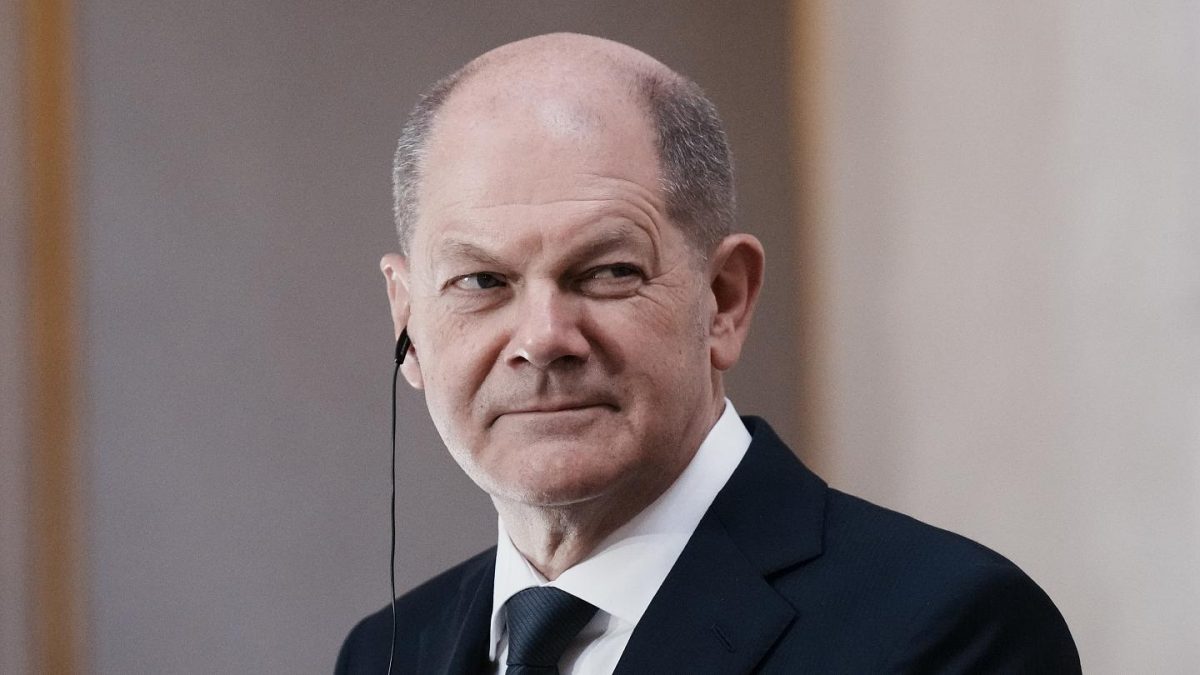KYIV, (Reuters) – Germany said today it was prepared to back an immediate European Union embargo on Russian oil, a major shift from Moscow’s biggest energy customer that could let Europe impose such a ban within days.
Russia’s energy exports – by far its biggest source of income – have so far largely been exempt from international sanctions over the war in Ukraine. Kyiv says that loophole means European countries are funding the Kremlin war effort, sending Moscow hundreds of millions of euros every day.
“We have managed to reach a situation where Germany is able to bear an oil embargo,” German Economy Minister Robert Habeck said today in Brussels, where he met with EU colleagues. “This means it won’t be without consequences.”
Chancellor Olaf Scholz, who has been more cautious than other Western leaders in backing Ukraine, has been under growing pressure to take a firmer line, including from within the Social Democrat’s own governing coalition.
In an interview broadcast Monday, Scholz said sanctions will remain until Russian President Vladimir Putin signs a peace deal with Ukraine.
“We won’t withdraw the sanctions unless he reaches an agreement with Ukraine, and he won’t get that with a dictated peace,” Scholz said on ZDF public television. He said Germany also would not accept Russia’s annexation of Crimea.
Ambassadors from EU countries will discuss the proposed oil sanctions when they meet tomorrow.
“With coal and oil, it is possible to forgo Russian imports now,” Finance Minister Christian Lindner told Die Welt newspaper. “It can’t be ruled out that fuel prices could rise.”
Germany had already reduced the share of Russian oil in its imports to 12% from 35% before Russia invaded Ukraine on Feb. 24, but had previously said it needed months to phase out Russian crude to lessen the economic impact at home.
Eastern parts of Germany in particular rely on fuel from a refinery owned by Russia’s state oil company Rosneft, served by the Soviet-era “Friendship” pipeline that runs thousands of miles to oil fields in Siberia.
Weaning Europe off Russian oil is likely to be easier than reducing dependence on Russian natural gas. Moscow has demanded European customers pay for gas in roubles, which the EU rejects. Last week, Moscow cut off supplies to Poland and Bulgaria. The EU ministers meeting today discussed a joint response.






